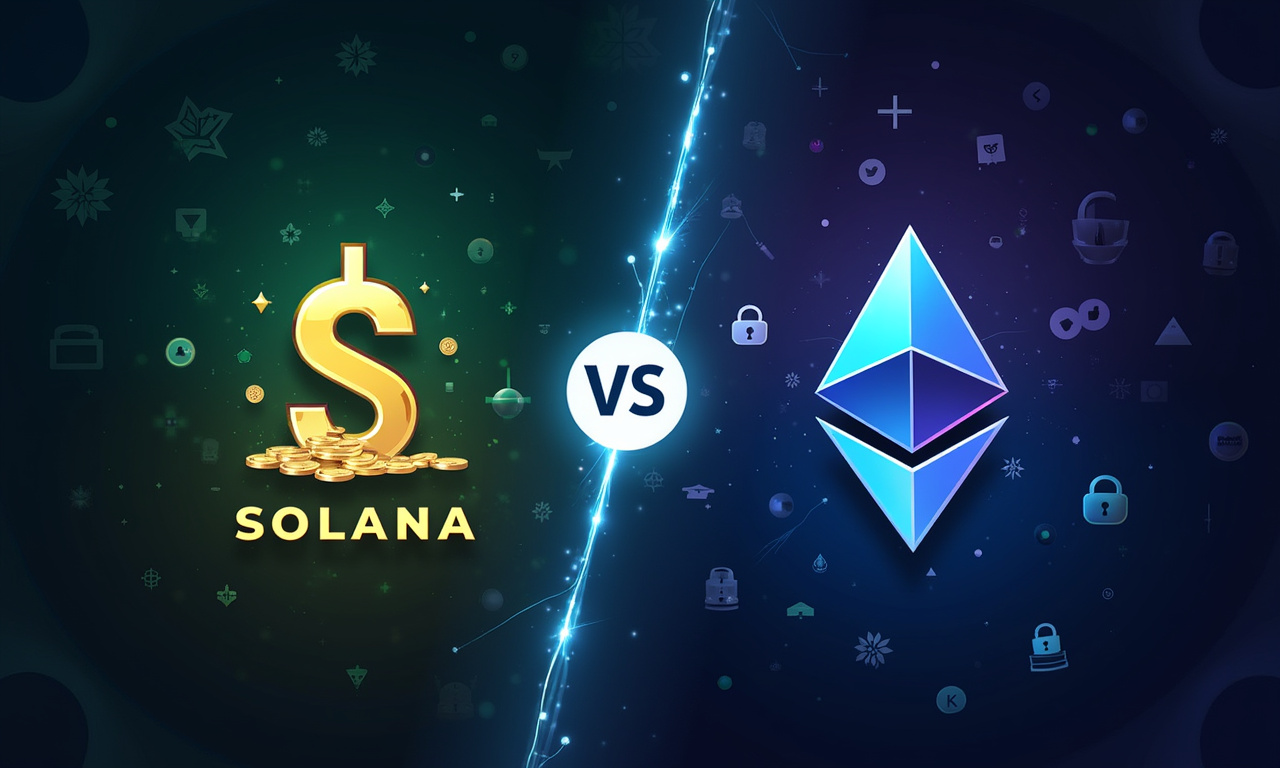
Okay, let’s be real. The crypto industry tosses around the term “self-custody” as if it were confetti at a ticker-tape parade. Hold on, before you jump straight into the decentralized deep end with both feet. Before we address that issue, we need to talk about what’s much, much more important—responsibility. I’m not trying to shill you the next big thing or freak you out into cold storage for good. I’m here, as always, to provide you with a reasoned, centrist’s guide to navigating the brave new world of wallets. Think of me as your skeptical, cautious uncle. Now, I’m not here to dispense old-timey advice with a spoonful of salt, so do listen to me on this, but do listen to me.
Central Bank vs. Crypto Wallet Trust?
The irony isn't lost on me. We’re leaving our digital future in the hands of code, frequently due to a lack of trust in traditional centralized institutions. But ask yourself this: Would you rather lose your money to a bank collapse, or your own fat-fingered mistake? Both are very serious risks, just different flavors of them. Think of it like this: trusting a central bank is like trusting a chef to cook your meal. You don't know all the ingredients or the exact process, but you mostly trust they won't poison you. Self-custody, in contrast, is more akin to foraging your own food and preparing it yourself. You’re in total control—even more than an iron chef—but one improper little fungus and… you know how the story goes!
The essence of the issue comes down to private keys. It’s the digital equivalent of losing the master key to your whole kingdom. Lose it, and you're locked out. If you give it away, suddenly somebody else gets to rule over your kingdom. It's that simple. But it's that scary.
Convenience vs. Fort Knox Security?
Software wallets? Convenient, sure. Not only that, their security is on the level of leaving your home keys under the welcome mat. They are the onramp through which people engage with DeFi ecosystems, mint NFTs, and use other decentralized applications. Good for low dollar amounts or day trading, but big juicy targets for hackers. Hardware wallets are pretty much creating a digital Fort Knox. By ensuring your private keys are stored offline, they can’t fall into the prying eyes of the internet.
Now imagine that you are the active trader who needs to be able to make rapid movements and moves and changes and face value assets. Taking a hard wallet approach is extremely unfair and waste of time and resources on everyone’s part. For the average Joe, a hardware wallet is absolutely essential if you plan to own any significant amount of crypto. Think of it as digital hygiene. You wouldn’t parade around city hall without dental hygiene, would you? Avoid holding large amounts of cryptocurrency in a hot wallet. Ever.
Ledger, for instance, depends on Secure Element (STAX SE 1.1.0) certified by ANSSI. Imagine a digital bodyguard, licensed by the French government. The most advanced technology is only as good as the person using it.
Self-custody isn’t owning your keys, it’s owning the responsibility of self-custody. No central bank to dial if you screw up. No "forgot password" button. I mean, navigationally—you’ll still just have you, your keys, and the unforgiving blockchain.
| Feature | Software Wallets | Hardware Wallets |
|---|---|---|
| Convenience | High | Low |
| Security | Low | High |
| Price | Free/Low | Moderate to High |
| Best For | Small amounts, frequent use | Long-term storage |
| Risk level | High | lower |
Self-Custody A Superpower or Kryptonite?
There are a number of best practices for securing the private key. This goes beyond simply committing it to writing, though. It goes beyond just writing it down in several places, memorizing it, or storing it offline.
This might be terrifying for some. Implementing it is a little like handing a teenager the keys to a brand new sports car – fun, thrilling, but possibly catastrophic.
Knowledge is power. Learning how wallets function, selecting the wallet best suited to your requirements, and familiarizing yourself with security practices puts you in control. This gives you the ability to engage in the decentralized economy not with fear, but with confidence.
Think of self-custody like learning to drive a manual transmission car. Well, it’s like driving a stick shift car—much less easy than an automatic, more distracting and dangerous, especially as you learn and stall out at traffic lights. But once you learn it, you develop almost superhuman control over the device. You’ll experience a level of connection that an automated driver can only fantasize about.
So, before you jump into the world of crypto wallets, ask yourself: Are you ready to take responsibility? Are you looking to approach security from a learning and adapting mindset and commit to ongoing development and maintenance for security? If so, congrats — you’ve entered the wild west of decentralized fi. If not, perhaps it’s time to give the banks another stay of execution. There's no shame in playing it safe. Then don’t be surprised when they sock you with sky-high fees. And remember, knowledge is foundational, not optional.
So, before you jump into the world of crypto wallets, ask yourself: Are you ready to take responsibility? Are you ready to learn, adapt, and continuously maintain your security? If so, welcome to the wild west of decentralized finance. If not, maybe stick with the banks for a little longer. There's no shame in playing it safe. Just don't complain when they charge you exorbitant fees. And remember, knowledge is foundational, not optional.

Tran Quoc Duy
Blockchain Editor
Tran Quoc Duy offers centrist, well-grounded blockchain analysis, focusing on practical risks and utility in cryptocurrency domains. His analytical depth and subtle humor bring a thoughtful, measured voice to staking and mining topics. In his spare time, he enjoys landscape painting and classic science fiction novels.








